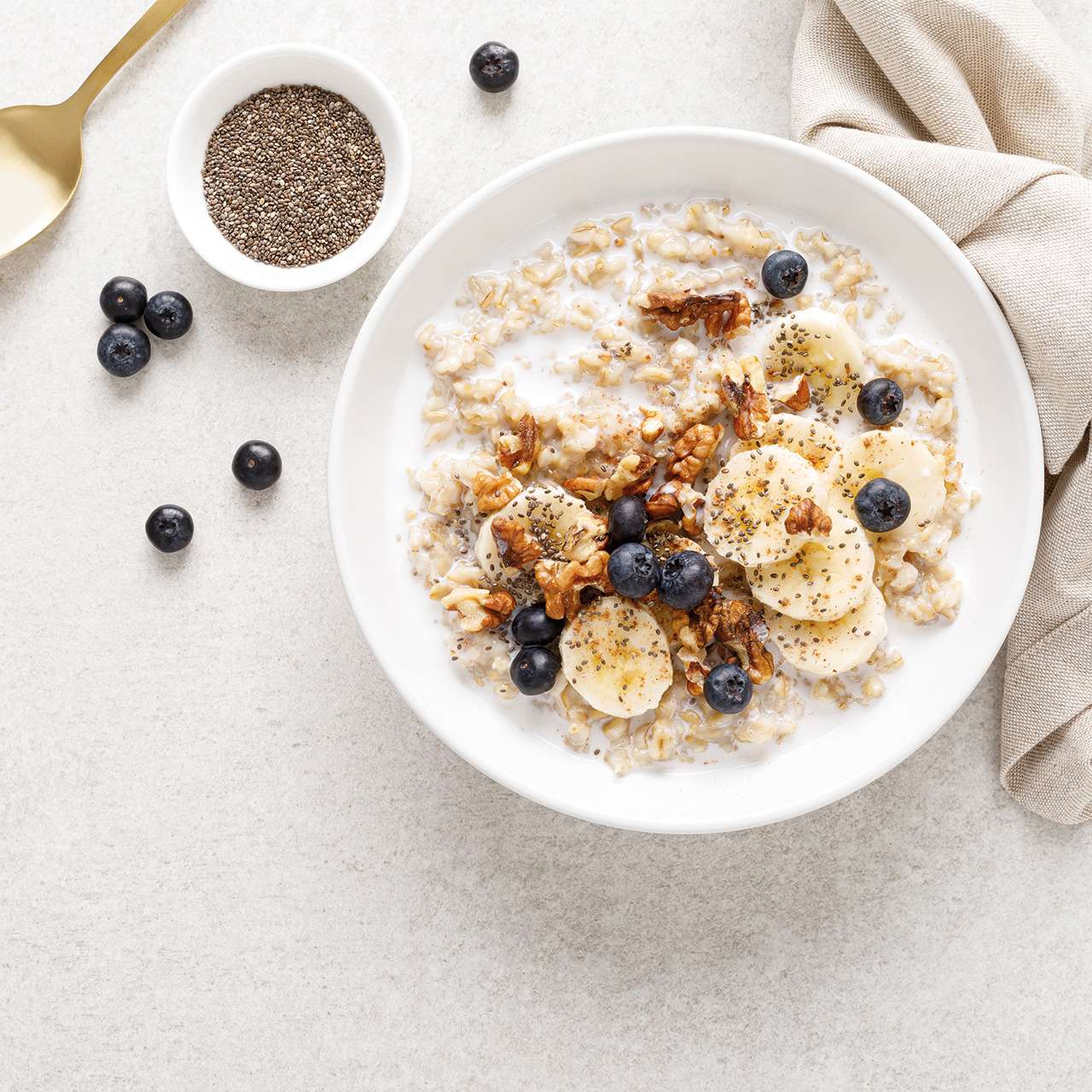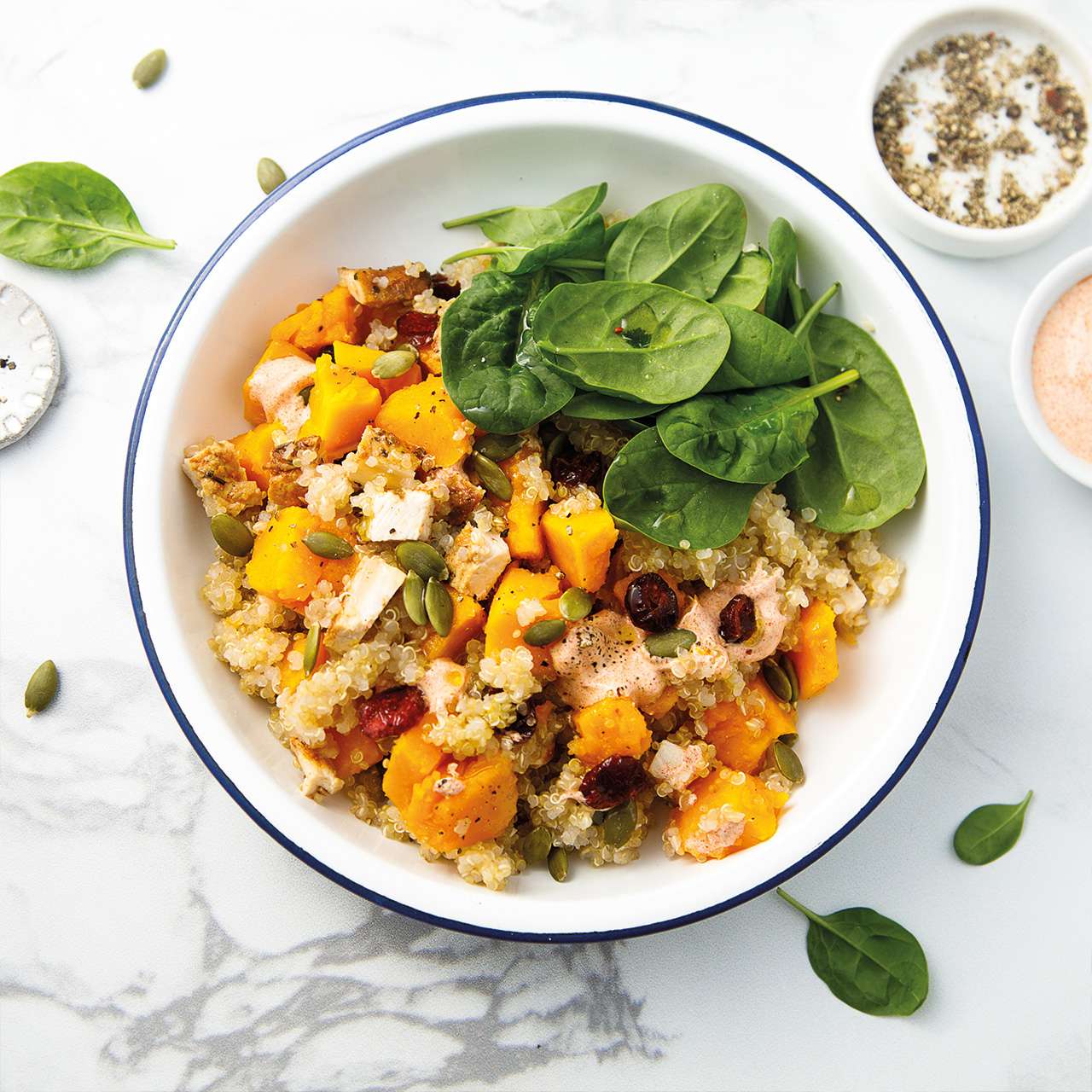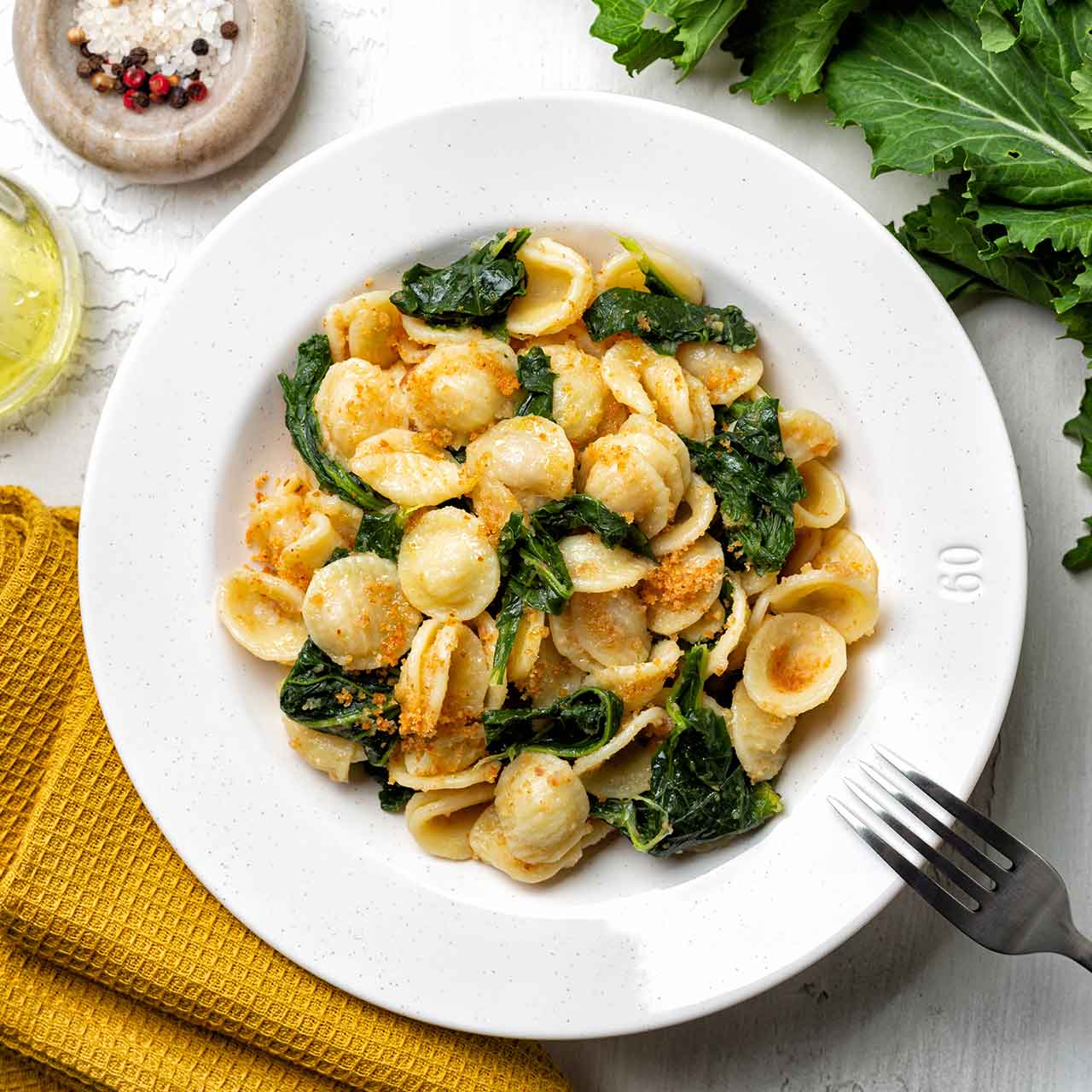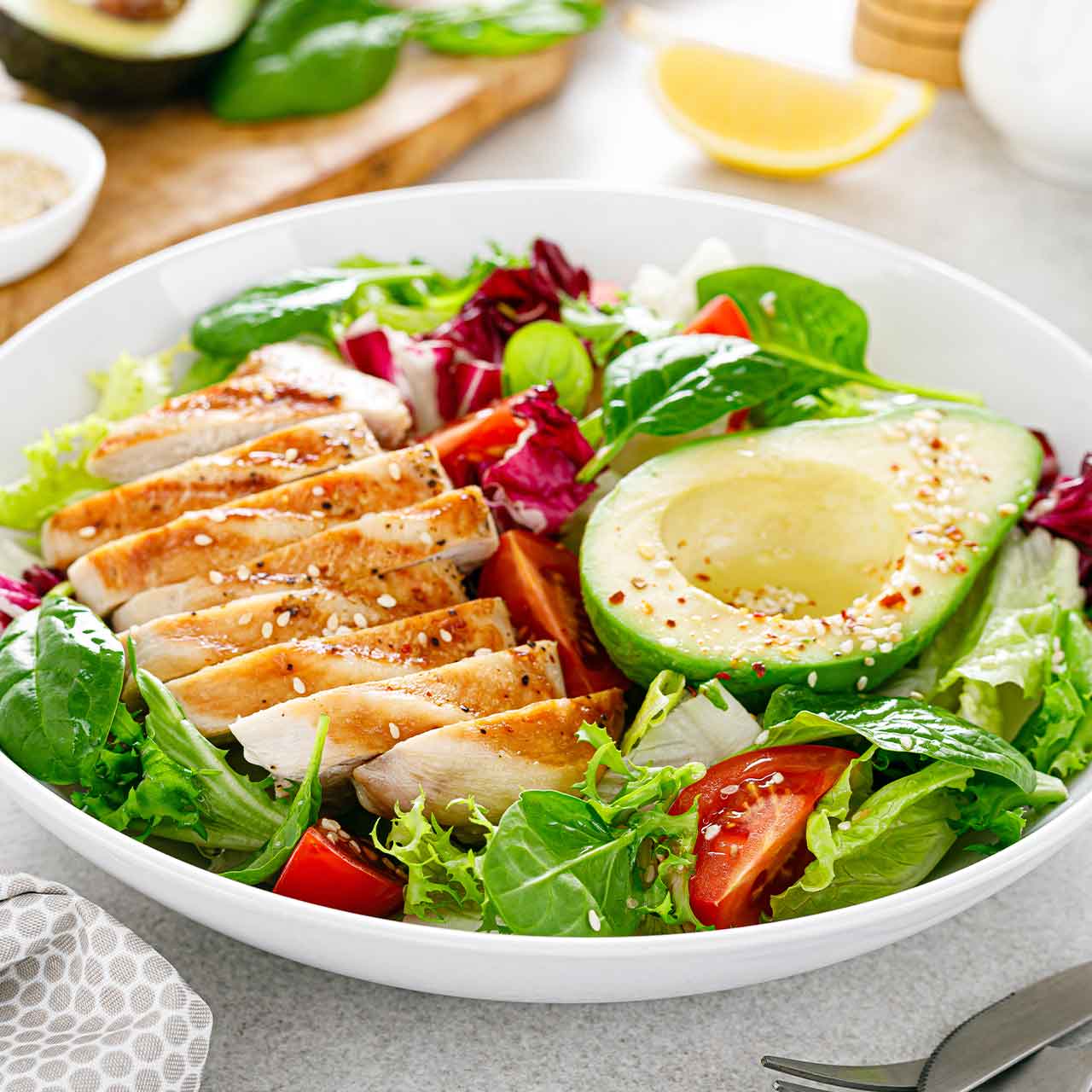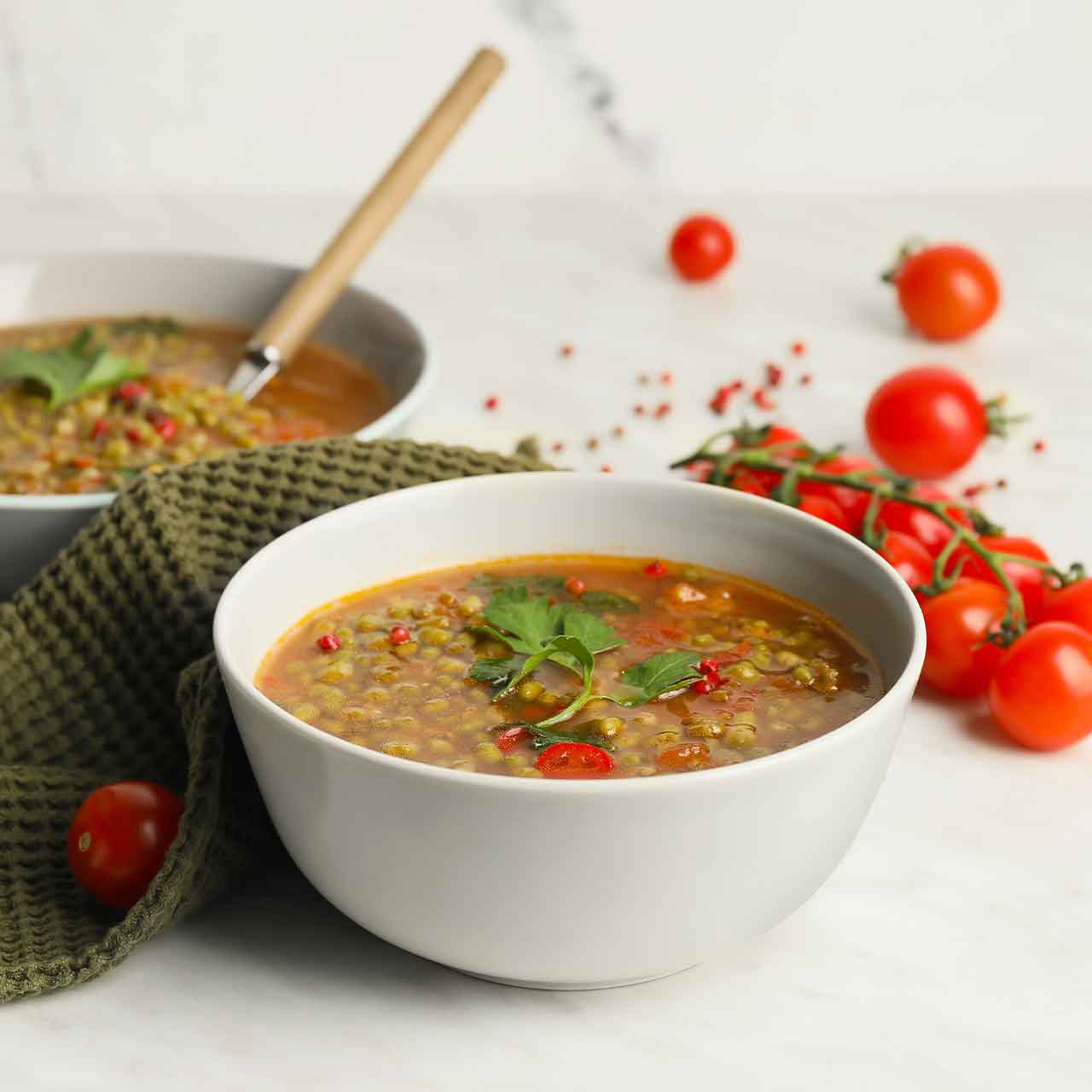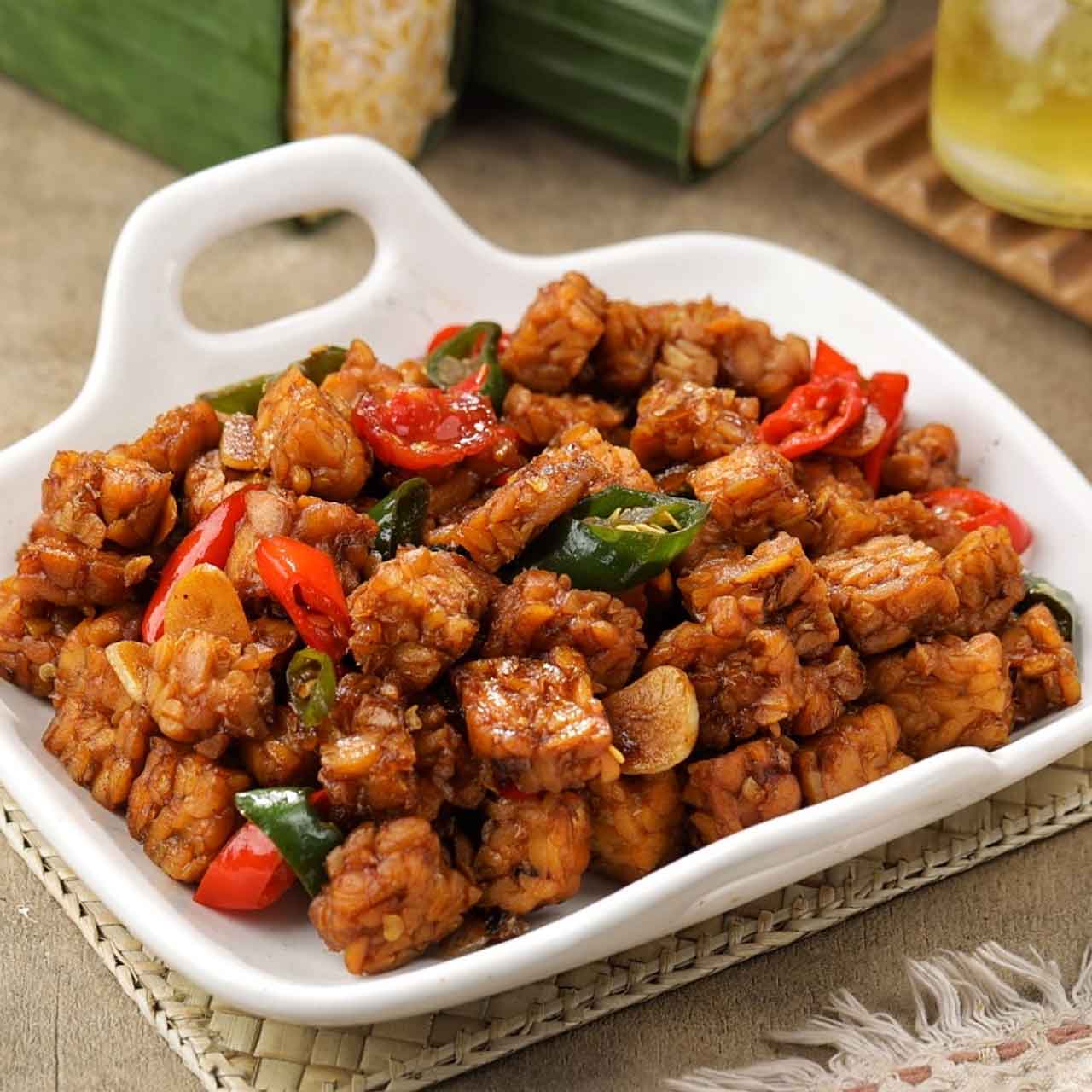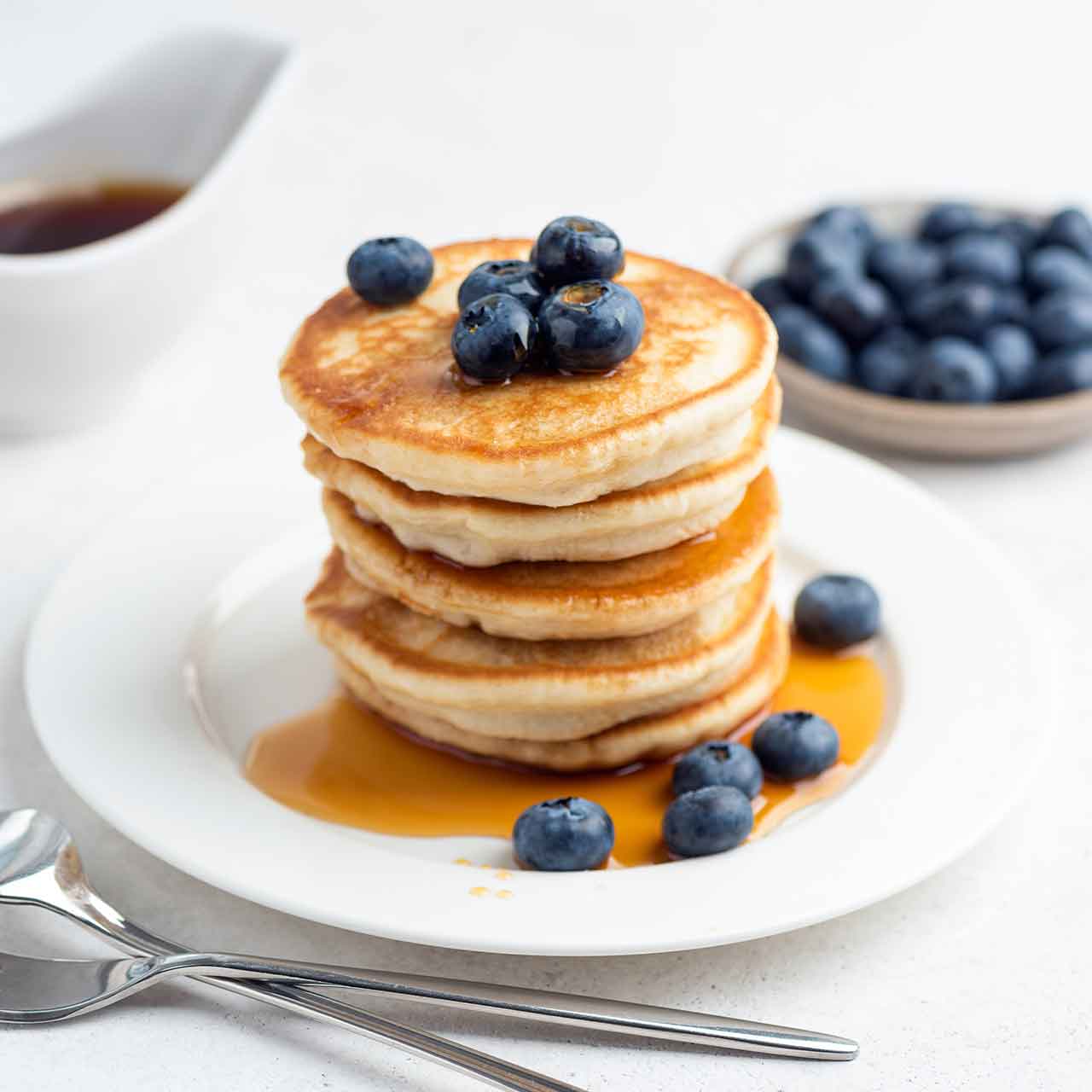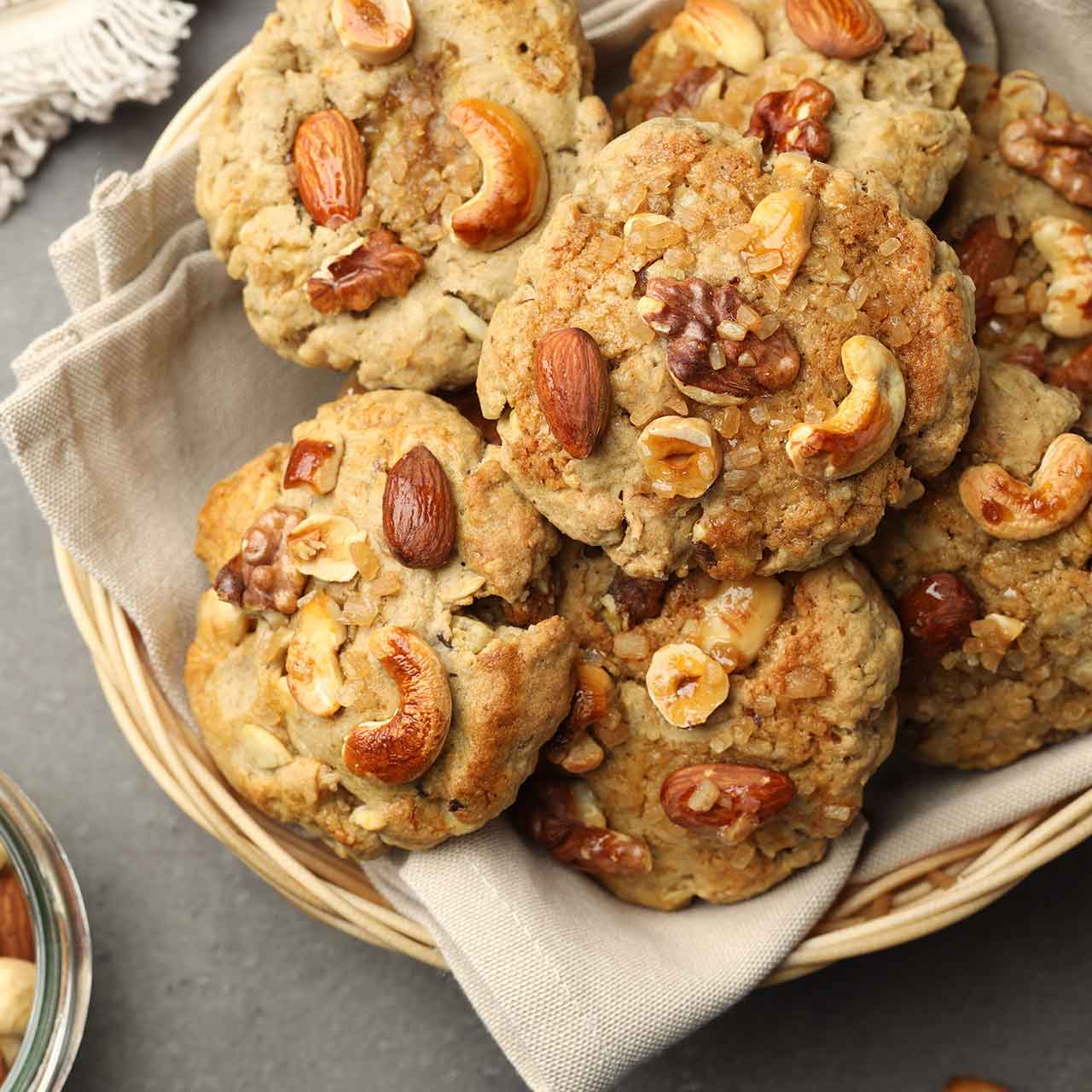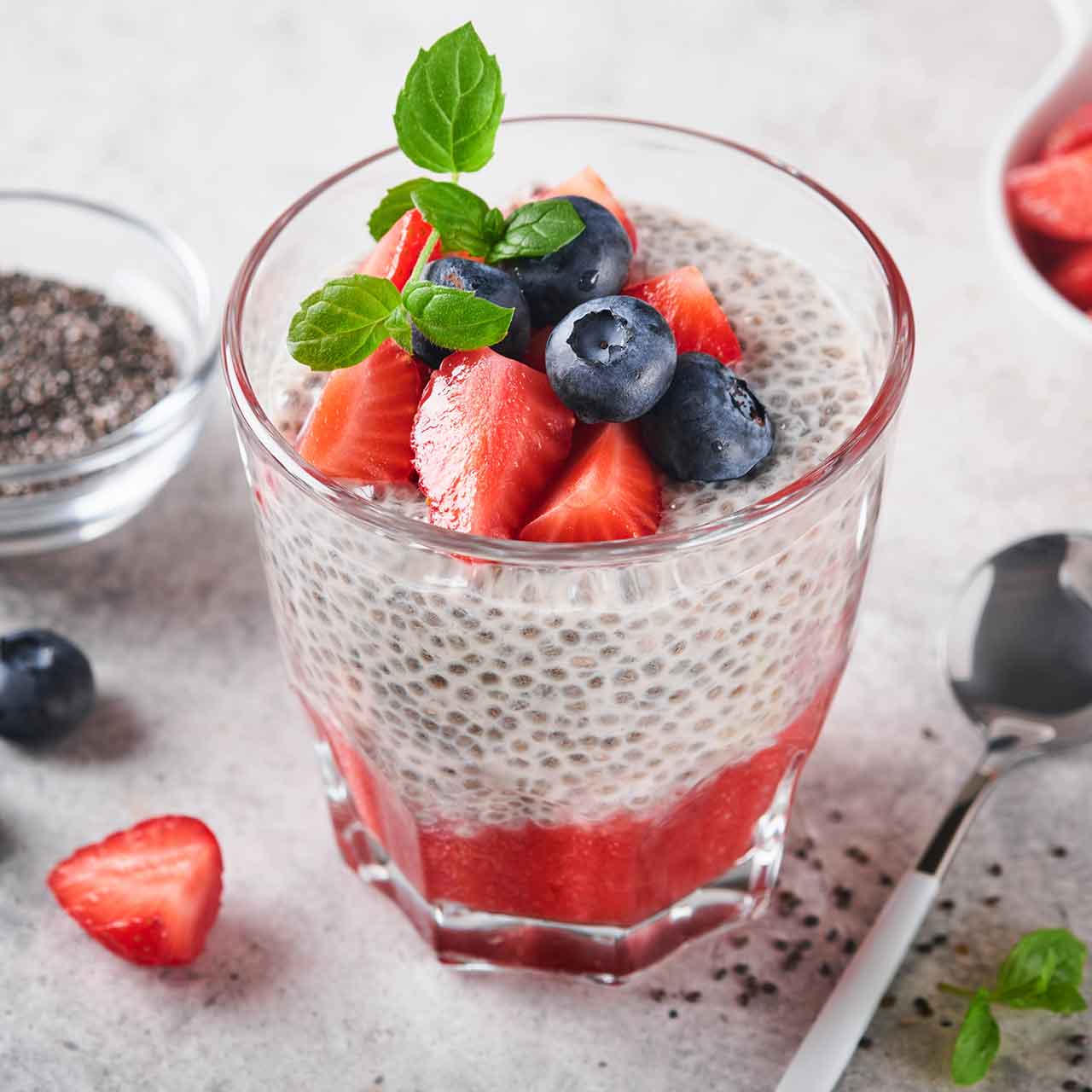10 nutrition tips for athletes
With these tips, you can ensure that you optimally support your athletic performance with a balanced and nutrient-rich diet!
1. Protein After Training
After exercise, it’s important to provide your muscles with enough protein to support recovery and promote muscle growth. A small portion of protein helps repair the micro-tears in muscle fibers that occur during training. You can enjoy options like Greek yogurt, a handful of nuts, or a plant-based protein shake. These protein sources provide your body with the necessary amino acids vital for muscle growth and recovery.
2. Adequate Hydration
Hydration is crucial for performance and recovery. Make sure you drink enough water before, during, and after exercise to replace the fluids lost through sweat. Small sips during the workout are also helpful to prevent dehydration. Besides water, you can also drink electrolyte-rich drinks or coconut water, especially during longer or more intense training sessions.
3. Complex Carbohydrates
Carbohydrates are the body’s primary energy source, especially during physical activity. However, choose complex carbohydrates like whole grains (e.g., oats, brown rice, or quinoa) instead of simple sugars to ensure a steady and long-lasting energy supply. These slowly digesting carbs prevent blood sugar spikes and crashes, helping you stay energized throughout your workout.
4. Healthy Fats
Healthy fats are essential for providing long-lasting energy and supporting the absorption of fat-soluble vitamins. Choose sources like avocados, nuts, seeds (like chia or flax seeds), or olive oil. These fats positively affect the cardiovascular system and contribute to hormone regulation. Healthy fats are a great energy source, especially for less intense training sessions.
5. Vitamins & Minerals
Whether it’s fruits, vegetables, or whole grains – a varied selection provides a wide range of vitamins and minerals that are crucial for physical performance. Vitamins like Vitamin C (e.g., from oranges or bell peppers) and Vitamin E (e.g., from nuts or spinach) protect the body from oxidative stress and support the immune system. Minerals like magnesium (e.g., in bananas or leafy greens) and calcium (e.g., in broccoli or dairy) are vital for muscle and bone health.
6. Carbs Before Training
Especially when preparing for an intense workout, it’s important to fuel your body with carbohydrates beforehand. A light meal 30-60 minutes before training, such as a banana, whole grain bread with avocado, or oatmeal, ensures you have enough energy to complete your workout efficiently. Be sure not to eat heavy meals that could cause discomfort during exercise.
7. Quick Recovery After Training
After your workout, it’s crucial to quickly provide your body with the right mix of carbohydrates and protein to replenish glycogen stores and promote muscle growth. A meal or snack within 30-60 minutes after training is ideal. You could opt for a smoothie with berries, banana, and protein or whole grain bread with hummus and vegetables. This helps support optimal recovery.
8. Avoid Too Much Sugar
Even if you’re active, it’s best to consume sugary foods and drinks in moderation. Sugar may provide quick energy, but it often leads to blood sugar fluctuations that can affect your performance. Instead of sugar, it’s better to rely on natural sugar sources like fruits. They not only provide sugar but also valuable fiber and nutrients. Avoid relying solely on sweets or sugary drinks.
9. Don’t Forget Fiber
Fiber is not only important for digestion but also promotes satiety and helps stabilize blood sugar levels. Athletes should make sure to consume enough fiber from whole grains, fruits, and vegetables. These foods support digestion and help you feel full and energized after training.
10. Regular Meals
Especially when you’re active, eating regular smaller meals throughout the day helps maintain stable blood sugar levels and ensures constant energy. Instead of having 2-3 large meals, it’s better to have 4-5 smaller meals that include protein, healthy fats, and carbohydrates. This way, you can avoid intense hunger and provide your body with the necessary nutrients to stay energized during training.
10 nutrition tips for athletes
Dont’s for muscle building
Green superfoods
Honey before bed – beneficial for athletes?
Myths & facts about sports nutrition
Non-alcoholic wheat beer – isotonic sports drink?
Nutrition tips for muscle building
Reduce weight with a balanced diet
Superfoods to mix in
Vinegar for fat burning & energy
Vitamin C boosters
What constitutes a balanced diet?

